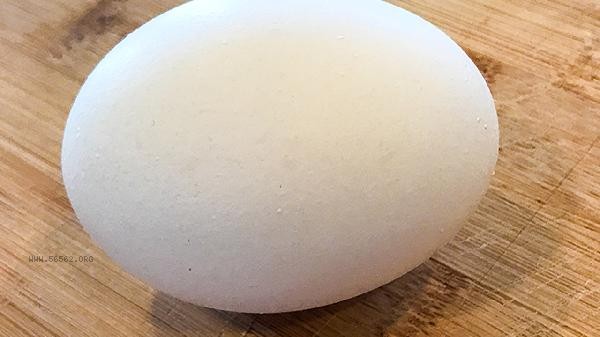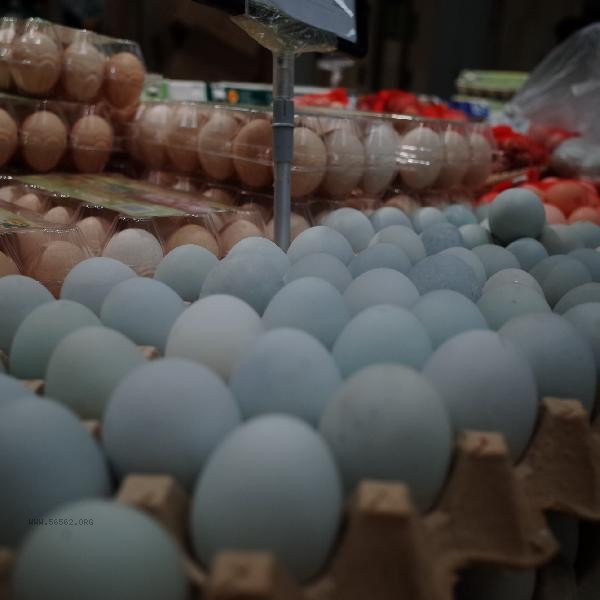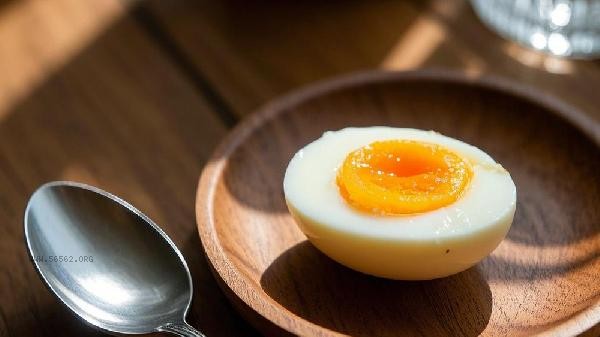Adding a small amount of salt or white vinegar when boiling eggs, and quickly supercooling them after cooking, usually makes them easier to peel. The degree of adhesion between eggshell and protein is mainly related to freshness, cooking time, and cooling method.

Fresh eggs have strong acidity in their egg whites, which can easily adhere tightly to the inner shell membrane and leave behind broken shells during peeling. Adding half a spoonful of salt or one spoonful of white vinegar to the water before cooking can slightly change the pH of the egg white and reduce adhesion. After the water boils, reduce the heat to low and simmer for 8-10 minutes to avoid severe boiling that may cause the eggshell to break. Immediately transfer the eggs to ice water and soak for 3 minutes after turning off the heat. Heat expansion and contraction will cause the protein to separate from the eggshell. Eggs stored for more than a week are easier to peel as the alkalinity of the egg white gradually increases. But the expansion of the Chen egg chamber may lead to irregular shape during cooking. When eggs with cracks are boiled, the protein seeps out and solidifies on the shell surface, requiring separate treatment. Some varieties of eggshells have a thick inner membrane, which may still cause adhesion even with the above method. You can gently tap along the waist of the egg and then roll and press to peel off the shell. Eggs are rich in high-quality protein, lecithin, and vitamin A. It is recommended to consume 1-2 eggs per day. If the protein turns gray or emits an odor after peeling, it should be discarded. Boiled eggs should be refrigerated and stored for no more than 3 days, and should be fully heated before being consumed again. hypertensive patients should pay attention to controlling the amount of salt added, and lemon juice can be used to replace some salt. Those with weak digestive function can chop boiled eggs and eat them with Congee.











Comments (0)
Leave a Comment
No comments yet
Be the first to share your thoughts!